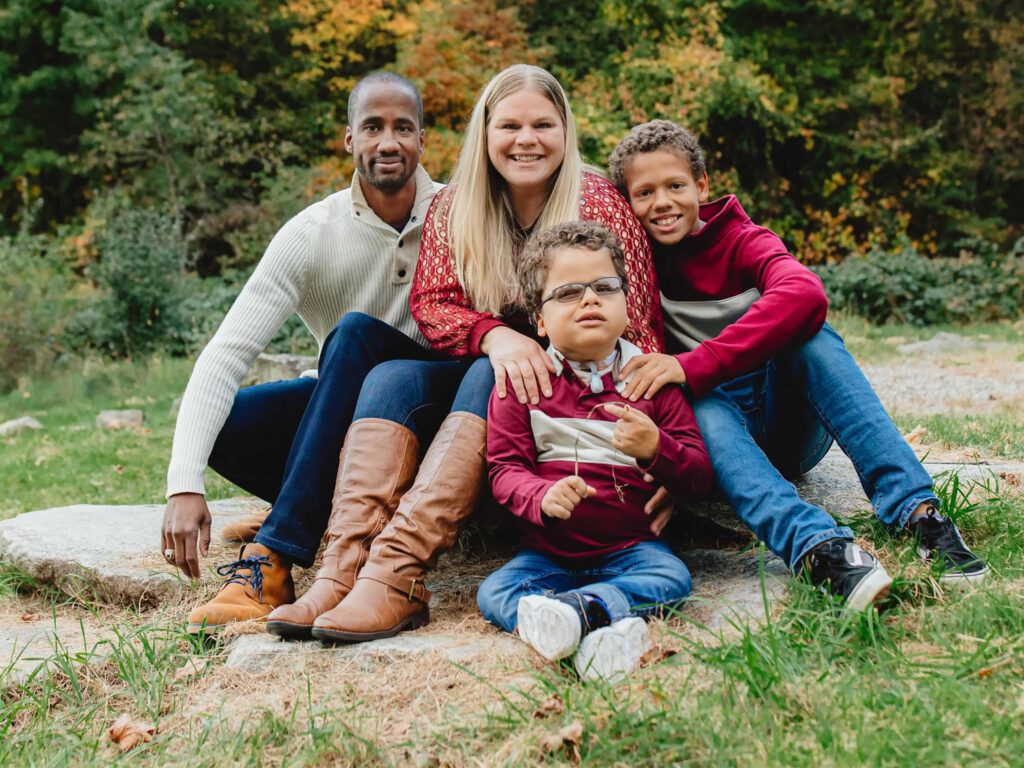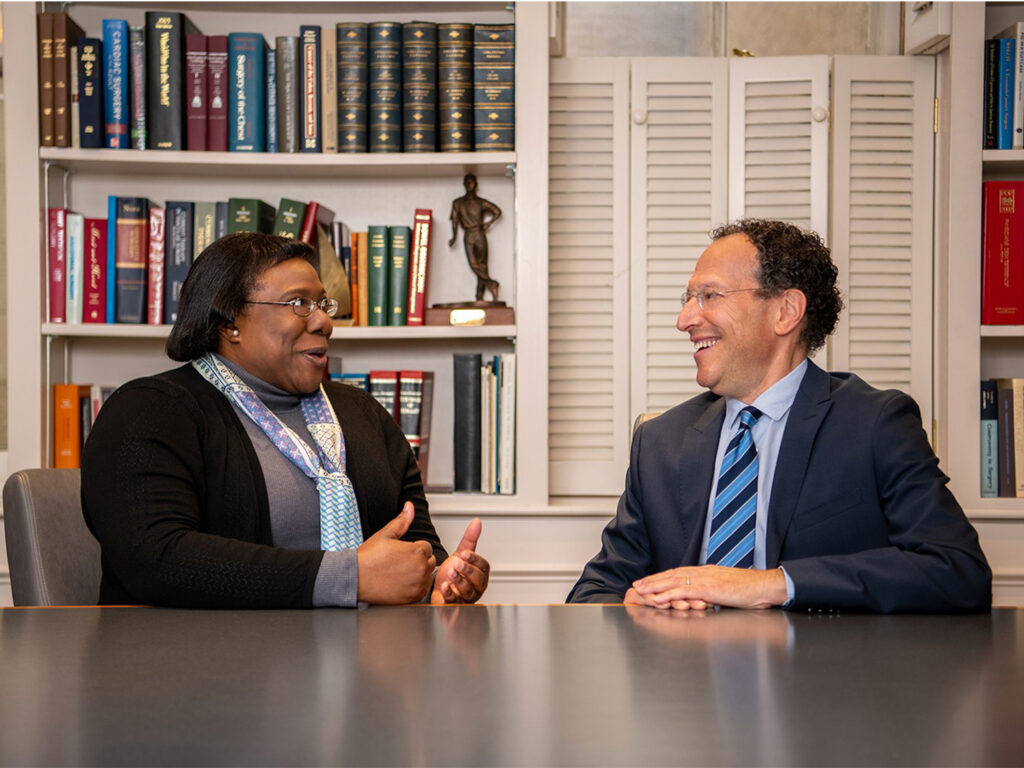Anne Fishel, PhD, is a family therapist and clinical psychologist. She is also the director of the Family and Couples Therapy Program at Massachusetts General Hospital. In 2010, Dr. Fishel co-founded The Family Dinner Project (TFDP), a nonprofit initiative that helps families realize the benefits of enjoying a meal together. TFDP offers free online resources and hosts a series of community-based programs. In a recent interview, Dr. Fishel talked about the project.
The secret sauce of dinner is not a perfect roast chicken, but what happens around the table once the food arrives.
Why is sharing a family meal important, scientifically speaking?
Over the past 20 years, scientific research has shown that sharing a family meal is one of the most powerful things that parents can do for the spirit, brain and health of all family members. Studies link regular family meals to the kinds of outcomes that parents want for their children: resilience, higher grade-point averages, better nutrition, and lower rates of depression, substance use and obesity. Studies also show that sharing a family meal helps children feel more connected to their parents. It turns out that family meals do many of the same things I try to do as a family therapist!
Are there other benefits?
Yes, as our world becomes more virtual, cooking still allows us to make things with our hands. And when we eat together, we can use the dinner table as a springboard for making connections to the wider world, such as the environment and global cultures.
What was the impetus behind founding The Family Dinner Project?
More than 90% of parents say that family dinner is the best time of the day to talk to their kids, yet fewer than 50% of Americans are having family dinner. TFDP helps make it easier for busy parents and their children to reap the benefits of eating dinner together. The science tells us why family dinner is important, and TFDP offers the how to make it happen.

Why do you believe it is difficult for families to come together and share a meal?
The main reason is the fast pace of our lives. Parents are working more and kids are very scheduled after school. Everything is accelerated by the nonstop presence of technology. The rise of the fast-food culture has also been a major contributor, with 70% of meals eaten outside the home.
How do you measure the impact of the program?
For the past 10 years, we’ve collected pre- and post- data at every program. Our data tell us that our resources and programs are highly rated by families, regardless of their demographic profiles. We are learning that families often start with the goal of eating better, but after working with TFDP, they report enjoying dinnertime more, with more conversation and fun. And I love that. The secret sauce of dinner is not a perfect roast chicken, but what happens around the table once the food arrives.
The Family Dinner Project is moving to the Mass General Psychiatry Academy. What do you hope to achieve?
We will continue to work with parents, teachers and nonprofit leaders and develop curriculum that health professionals and mental health professionals can use in their work with families. We are launching a continuing education course, delivered as a cooking show, that presents the science behind the benefits of family dinner and advises clinicians how to start behavior change in therapy that can then be practiced around the dinner table.
For all families, but especially vulnerable families, dinnertime can be an anchoring ritual that comes with many benefits.
Is there a specific effort in need of funding?
Since 2013, we have been working with a program called Grandparents Raising Grandchildren. We hold grandparent workshops in communities across Massachusetts, about the benefits and challenges of family dinners, and effective conversation and storytelling techniques. We’ve worked with No Kid Hungry, The Mayo Clinic, Blue Star Families and other partners that serve the most vulnerable families. We need funding to continue and to expand all of these efforts.
What is the greatest reason why people should give to this program?
For all families, but especially vulnerable families, dinnertime can be an anchoring ritual that comes with many benefits. For mental health, family dinners turn out to serve as a highly protective intervention. We can intervene before problems arise, such as obesity, substance abuse, early teenage pregnancy, depression and eating disorders. But insurance companies don’t pay for this kind of prevention. Only philanthropy helps families unlock the many benefits to bodies, brains and the mental health of kids.
To learn more about the Mass General Psychiatry Academy please visit mghcme.org.
To support The Family Dinner Project, please click here or contact us.



